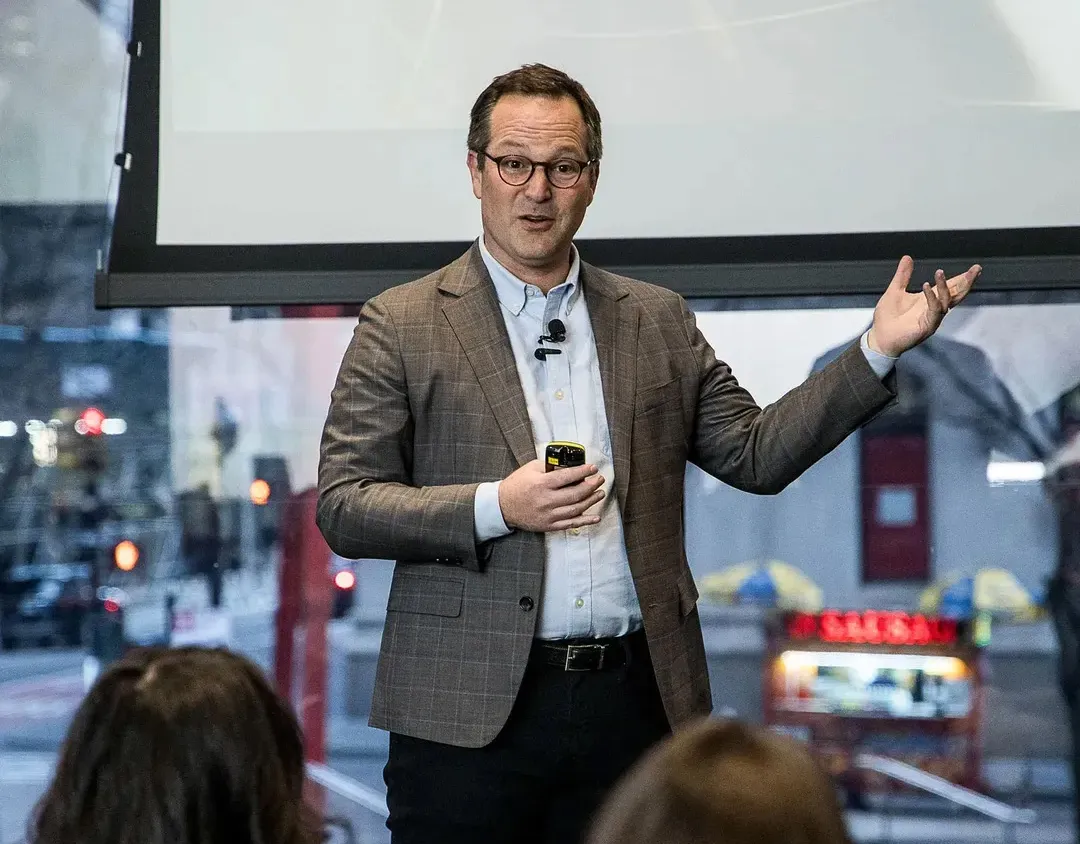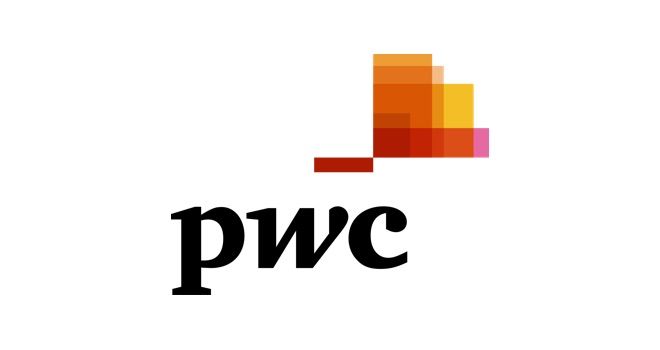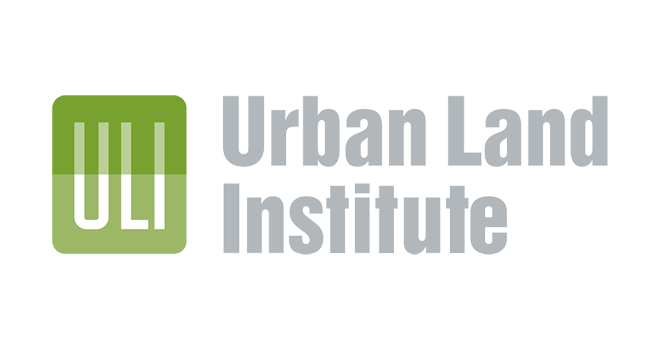
What does artificial intelligence mean for your company and career?
Dror Poleg is an award-winning author and keynote speaker on technological change. He advises Fortune 500 and government leaders on the future of work, cities, and markets.
Join 35,000+ subscribers in finance, tech, and beyond:
AS SEEN ON
POPULAR KEYNOTE TOPICS
AI @ Work
How will AI reshape where, how, and why we work? What corporate structures, funding models, and management strategies will thrive over the next decade?
AI & The City
What's the role of cities in an AI-driven world? How will talent distribution and economic activity shift? And what does this mean for offices, homes, and infrastructure?
The Nonlinear Economy
Why the world is inherently unpredictable, unequal, and unstable — and how the most successful companies and investors use it to their advantage.
What Matters Tomorrow
What should I tell my kid? Traditional career paths are vanishing. Yesterday's advice no longer applies. Here's what to do instead.
Welcome To The Jobless Boom
Who Will Get Canned in 2026?
Books I Enjoyed In 2025
Is OpenAI the New WeWork?
You Don't Need AI
Inform and Inspire Your Audience
Bring fresh insights and analysis to your next event, board meeting, or off-site.
Book a Keynote





















